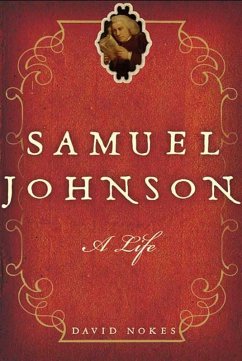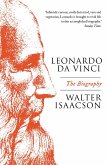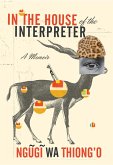A modern biography of Samuel Johnson that will serve as the definitive work on the legendary British man of letters
In this groundbreaking portrait of Samuel Johnson, David Nokes positions the great thinker in his rightful place as an active force in the Enlightenment, not a mere recorder or performer, and demonstrates how his interaction with life impacted his work. This is the story of how Johnson struggled to define the English language, why he embarked upon such foolhardiness, and where he found the courage to do so. Moving beyond James Boswell's seminal narrative about the life of the preeminent eighteenth-century novelist, literary critic, biographer, editor, essayist, and lexicographer, this biography addresses his life and action through the hitherto unexplored perspectives of such major players as Johnson's wife, Tetty; Hester Thrale, in whose household he resided for seventeen years while working on his annotated Shakespeare; and Frances Barber, the black manservant who in many ways was like a son to Johnson. An in-depth interrogation of the primary sources, particularly the letters, offer surprising insight into Johnson's formative experiences. At last, here's a reading of the great man that will reveal the rightful glory of an enduring work and an incomparable scholar.
In this groundbreaking portrait of Samuel Johnson, David Nokes positions the great thinker in his rightful place as an active force in the Enlightenment, not a mere recorder or performer, and demonstrates how his interaction with life impacted his work. This is the story of how Johnson struggled to define the English language, why he embarked upon such foolhardiness, and where he found the courage to do so. Moving beyond James Boswell's seminal narrative about the life of the preeminent eighteenth-century novelist, literary critic, biographer, editor, essayist, and lexicographer, this biography addresses his life and action through the hitherto unexplored perspectives of such major players as Johnson's wife, Tetty; Hester Thrale, in whose household he resided for seventeen years while working on his annotated Shakespeare; and Frances Barber, the black manservant who in many ways was like a son to Johnson. An in-depth interrogation of the primary sources, particularly the letters, offer surprising insight into Johnson's formative experiences. At last, here's a reading of the great man that will reveal the rightful glory of an enduring work and an incomparable scholar.
Dieser Download kann aus rechtlichen Gründen nur mit Rechnungsadresse in D ausgeliefert werden.









